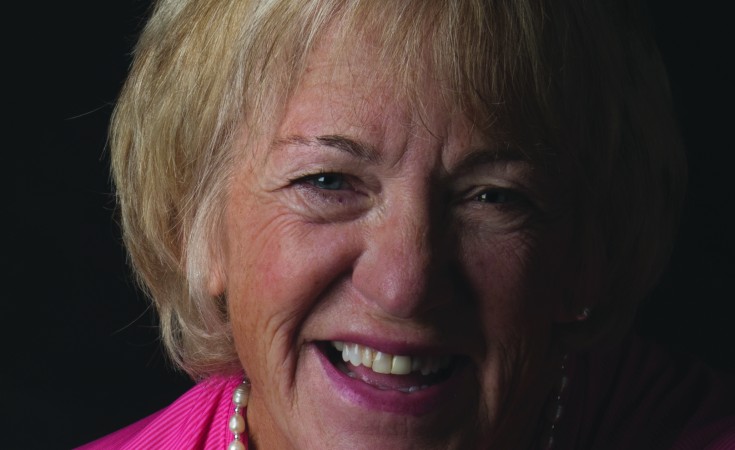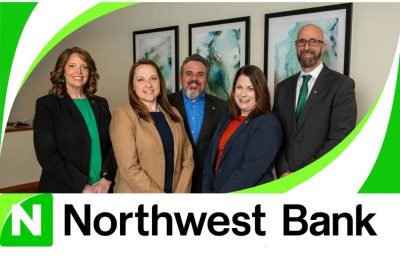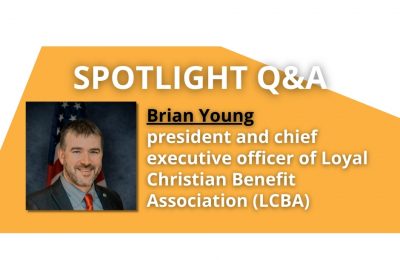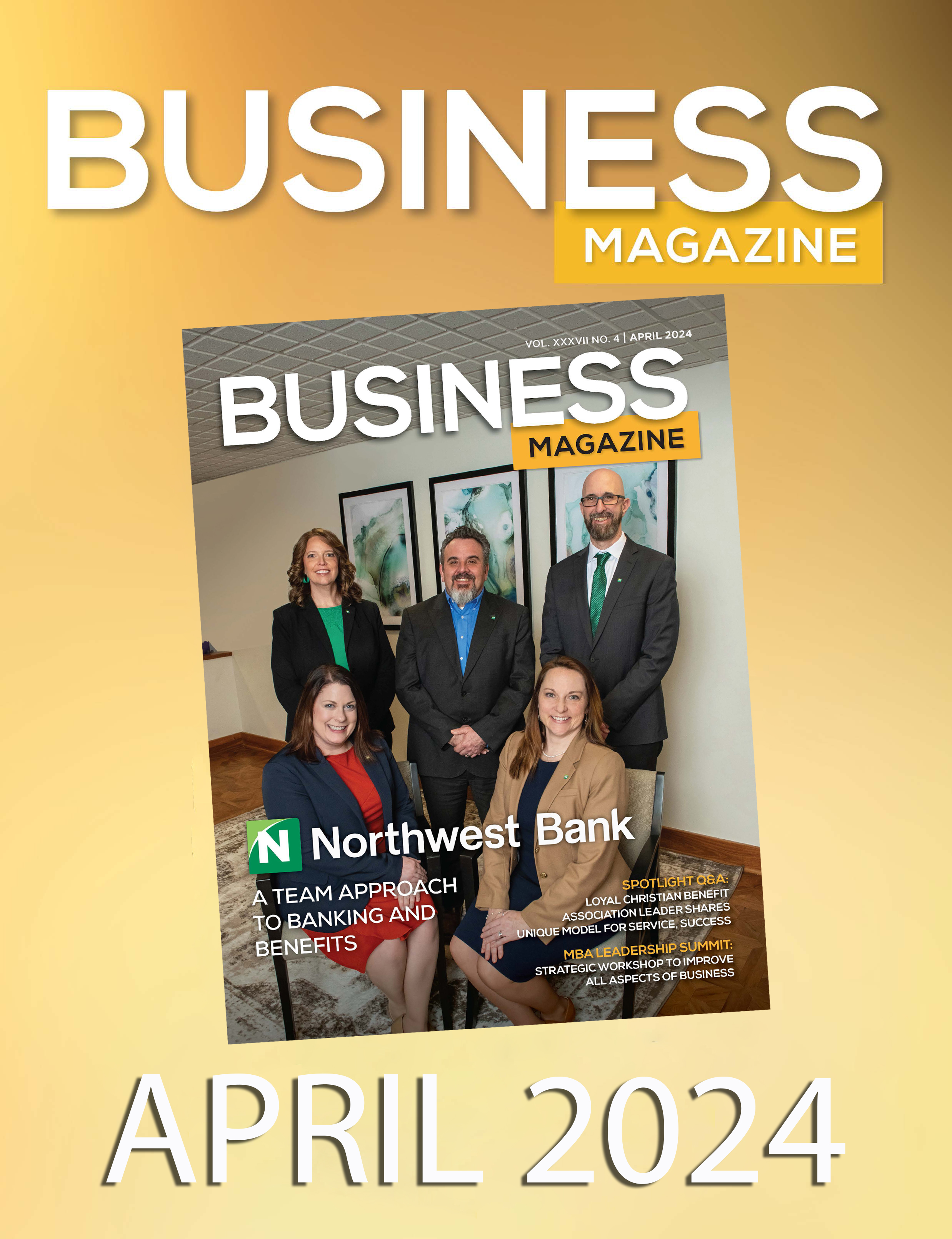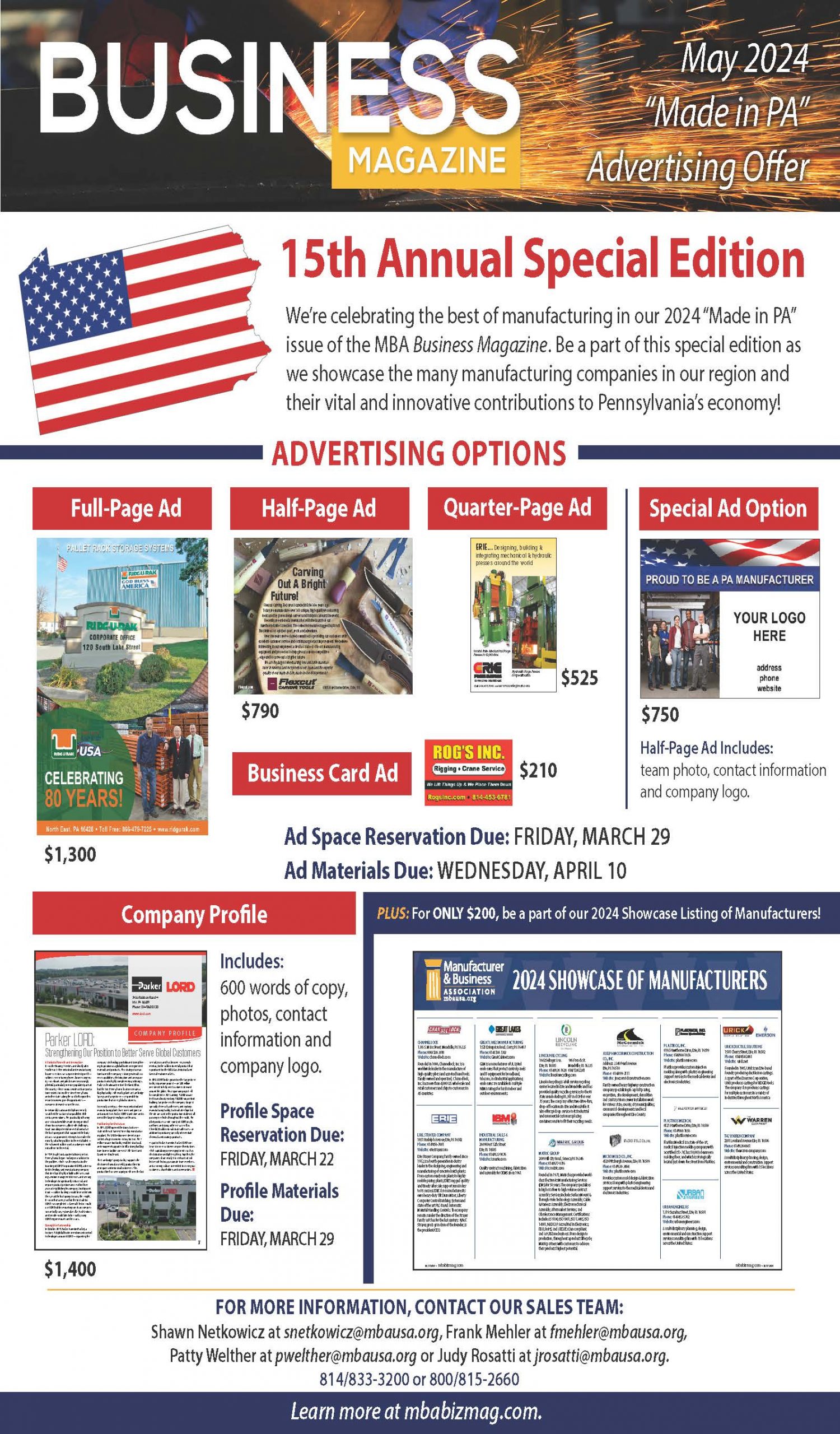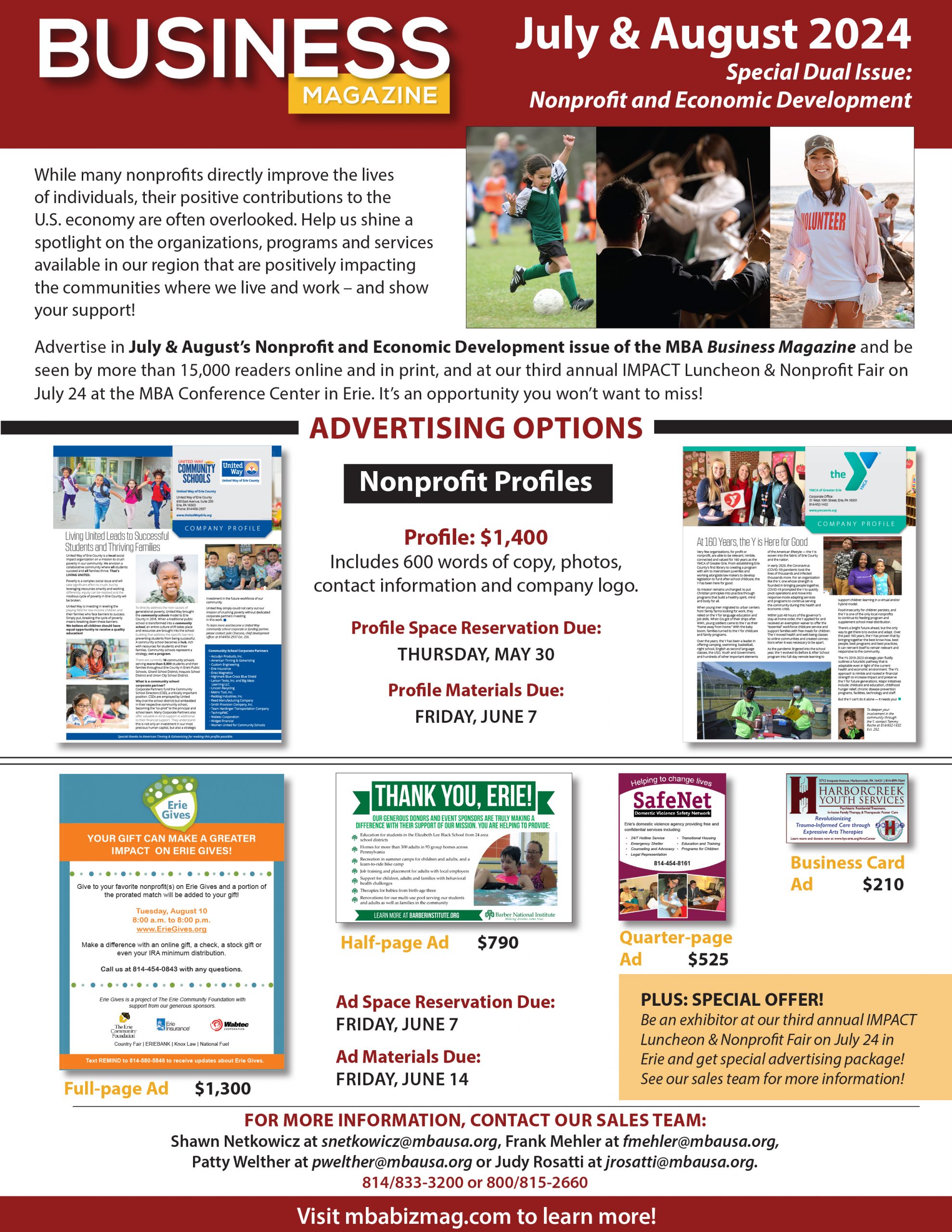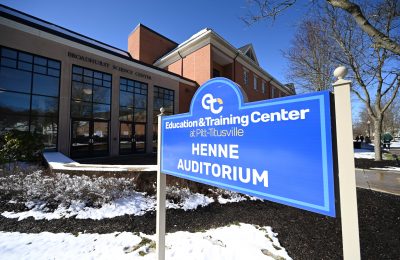Peg Tuttle is the owner of the White Turkey Drive-In located in Conneaut, Ohio. Since acquiring the restaurant from her in-laws in 1981, Tuttle has transformed the eatery into the thriving business it is known as today. Here, Tuttle will discuss the MBA’s newest training offering, Serving Up Excellence, where she will share some of the triumphs and failures during her 36 years in the restaurant business and how participants can become more successful and respected owners or managers of their businesses when dealing with the next generation of workers.
You grew up working in a family owned business, starting with your parent’s farm and, eventually, at the White Turkey, where you met your husband, Gary. What were the most valuable lessons you learned from working at these family owned businesses?
I realized early from watching my parents and, then, my in-laws that your destiny basically is your own doing. I realized if I worked hard, saved when I could, and spent wisely, treated the people around me kindly and with respect, just how I would love to be treated, success would come to me and to them. I also learned not to work for money, but work to make the business as good as I could and financial success would follow.
You took over ownership of the White Turkey in 1981 and worked hard to establish it as a successful business. Describe your vision and business strategy.
When I took it over, it had been closed for the two years, so I had to rebuild. My vision was simple, and, at the time, I didn’t realize that I was having a vision at all. Basically, it was to do the best I could every day, to make it the best business and cover every detail that I could think of. I realized early on that if you take something and you keep building on it, and don’t accept it as it is, then it has more potential than you’re even aware of. And, if you keep at it, you will be successful.
As for my business strategy, it was not to overspend business-wise or personally, and to save and always be ready for equipment failure and loss of income. I always planned for the unforeseen, which is huge in small business. I’ve seen many businesses fail because they have a really good year, so they go out and buy a brand-new expensive car, and then the ice-cream machine breaks, and they don’t have the money to replace it.
We often hear employers talking about the challenges of working with different generations. How have you navigated these differences in your own workforce to create an effective and productive team?
The first one is keep true to your beliefs. I did get caught up in the Millennial and Generation Z rhetoric. The truth is there is not that much difference, at least for me, with the 30 employees that I have compared to my seven employees when I started in 1981. The biggest difference is that they come less prepared with basic skills now. My expectations for them is their training and their accountability. If they fail, it’s because I failed them.
Every employee I lose, I think. ‘Why? What could I have done differently?’ Some of it’s just time for them to move on to their next chapter. Others, it was a failure on my part. If I lose an employee, sometimes there are circumstances out of both of our control. But, most of the time, it’s lack of my training, lack of follow-up.
You have agreed to be an instructor for the MBA’s new Serving Up Excellence course. Tell us what you hope to bring to the class and what participants should expect to learn.
We will be covering the process of application, interviewing, hiring, orientation, manual, training, consequences, accountability, rewards and re-dos. Re-dos are when we have an employee who is having difficulty, we will re-do their training.
For example, every new employee is evaluated on an almost weekly basis. When we see that one of them is having communication difficulties, peer difficulties, we discuss it, my managers and I, and then we formulate a plan of how we’re going to address them, and how we’re going to re-evaluate and train them, including our point system.
One of the things that I’ve found with this generation is that they’re unaware of basic accountability and consequences. So what we’ve set up is a point system that, if they are late — and we’re not talking 15 minutes, we’re talking minutes — we bring it to their attention that it’s not to happen again.
What has been the return for your business with the retention and the quality of work that you’ve seen?
Tremendous. The feedback is from my customers and others commenting how well my staff is trained, how polite they are, how quick the service was, as well as the attitude and enjoyability of my employees. I hired a consultant to do a survey with my employees two years ago, and then I had another one done at the end of this season, and the difference in my employees was remarkable.
For me, I want my help to come back five years from now, when they’ve graduated from college or they’ve worked in other locations, to say how much they appreciate that I prepared them for the outside world and that it was the best job they’re ever had so far. That, to me, is my reward.


